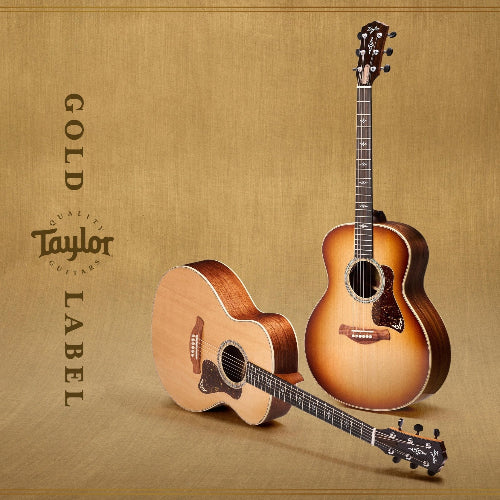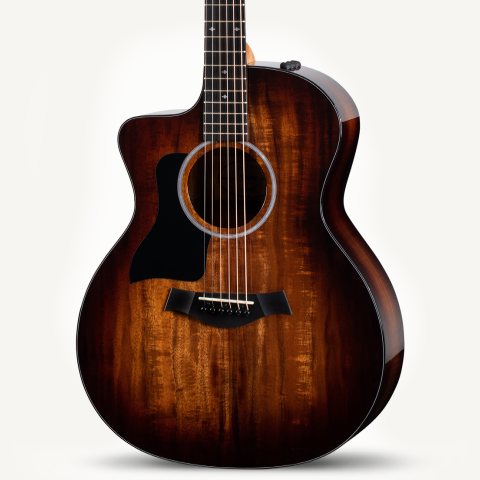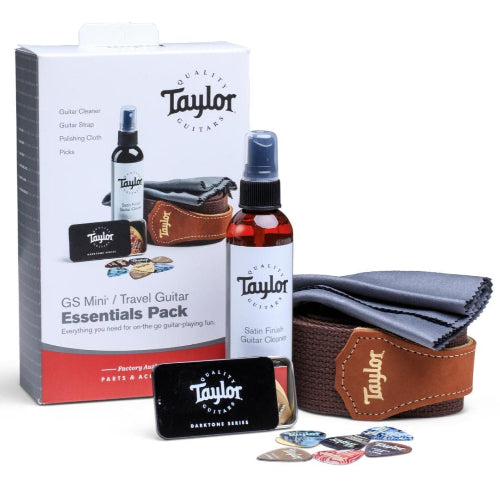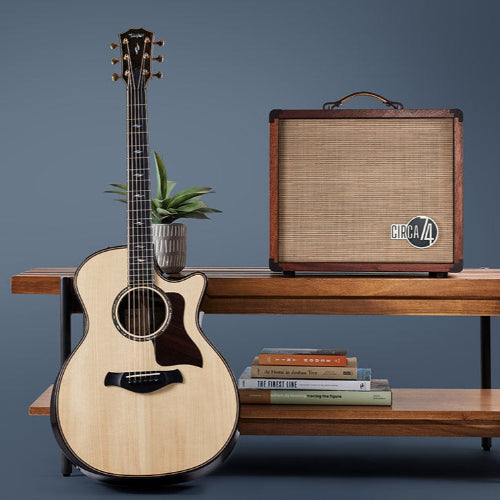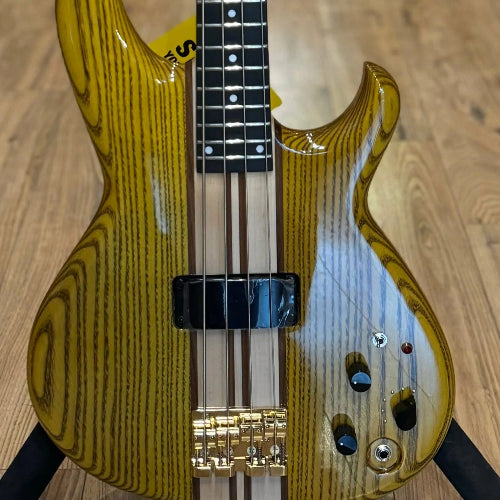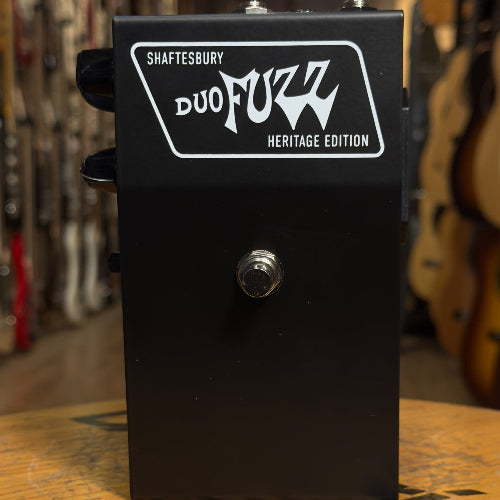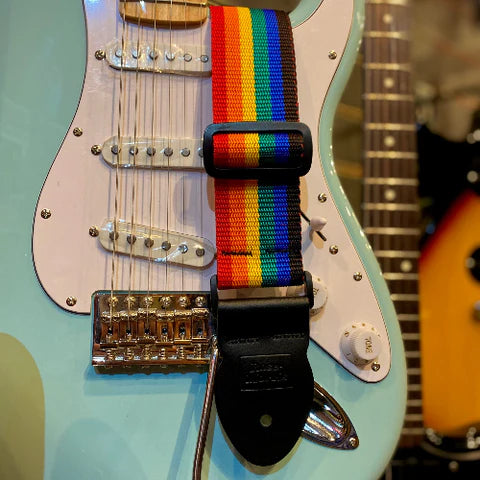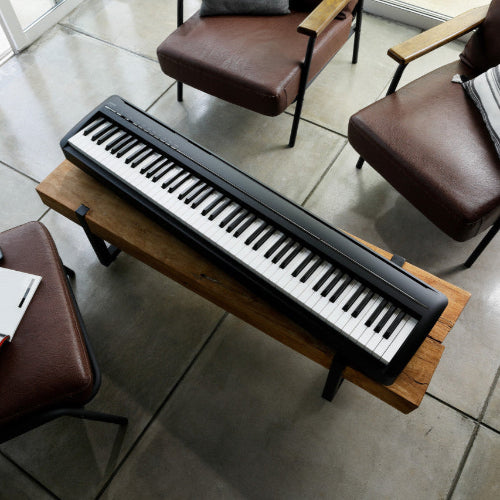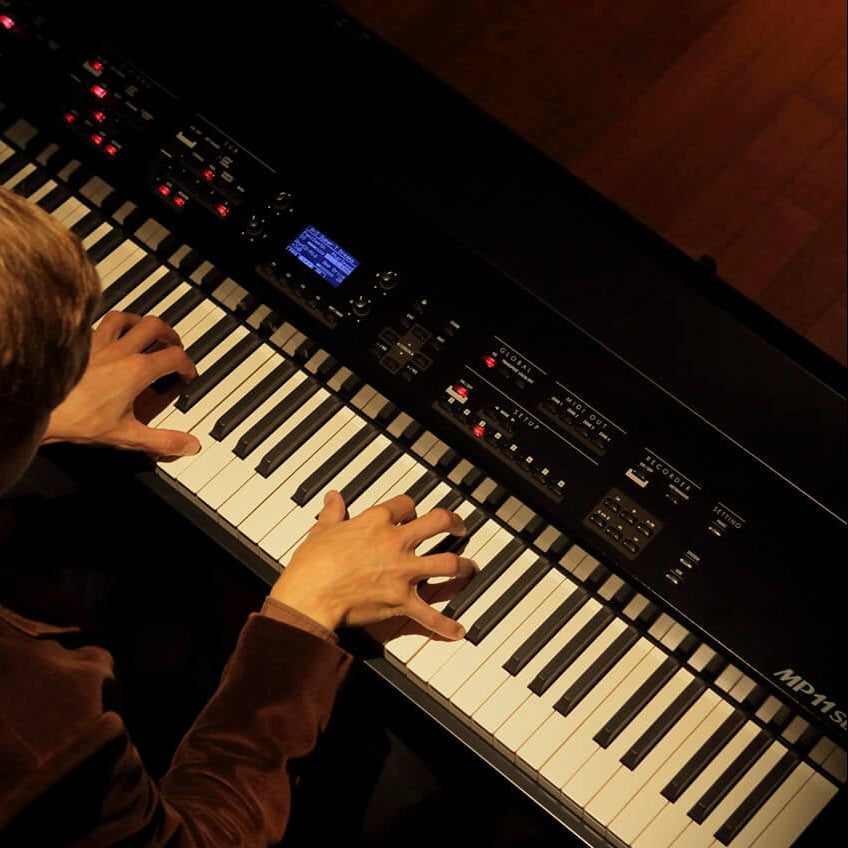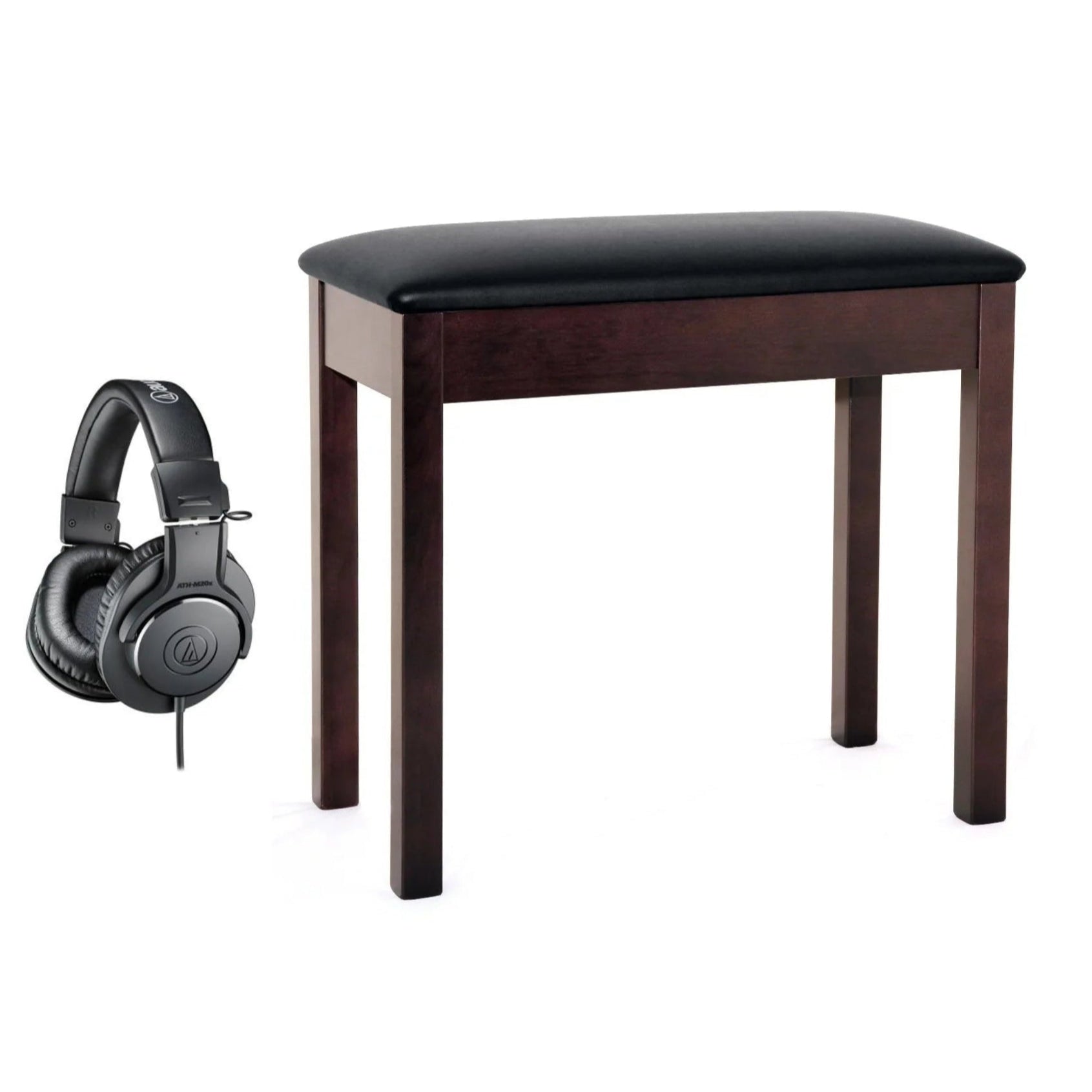1945 saw the company with two factories – the original, at Sun Street and the top two floors at Ironmonger Row, now freed from wartime manufacture. A few at a time, the staff began to return: there was a backlog of demand for musical merchandise, but raw materials were hard to come by and equipment destroyed or dismantled during the war had to be replaced or reassembled.
The newer factory soon embarked on the manufacture of toy xylophones (under the pre-war trade mark of 'VICEROY' – a play on the names of Victor Morris and his, son Roy), together with recorders, the Flutina (a plastic ocarina-type instrument that attained great popularity), pitch-pipes – and even a simple form of mouth-organ.
In the meantime Sun Street resumed manufacture of most of its pre-war products, notably Autocrat drums. These post-war years saw the beginnings of the company's onslaught on overseas markets, the Woolf brothers making sales journeys to the European countries in the late nineteen-forties and to the USA soon afterwards. These were pioneer journeys, the forerunners to personal visits by directors of the company to customers the world over.
In 1947 Victor Morris' younger son, Derek joined Rose Morris as a member of the sales staff. Meantime, the potential growth of the Australian market became interesting to the directors. In 1948 Leslie Rose travelled to Australia, there in February 1948, to set up a new company – Rose, Morris & Co. (Australia) Pty. Ltd, afterwards returning to London. Locally managed, it was not at first entirely successful; Stanley Rose's elder son, Alan, who had trained as a quantity surveyor, abandoned his profession and after spending a time in the London business went to Melbourne to take charge of the company there. RM Australia continued in happy and fruitful association with its London parent for many years.
The growth of the business had now resumed; with a staff of 40 the company had returned to its former role (although it did not re-enter the gramophone record trade on any significant scale) and prospects were bright. The directors, however, were not getting younger, and Victor Morris was not in good health; it was felt that the load should be spread. In September 1950 the Woolf brothers were appointed to the Board. It was a popular appointment, to customers and staff alike. William Woolf now spent part of his time indoors, assisting Leslie Rose with the buying.

